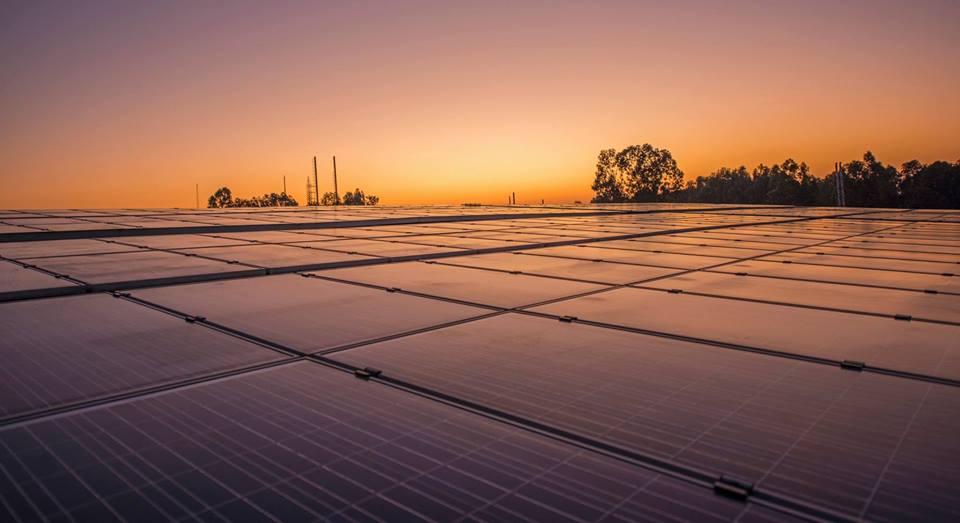
India has sanctioned plans to implement 10 ‘Solar Zones’ each consisting of at least 10,000 hectares of land to encourage solar PV project developers, manufacturers and investors to help achieve the country’s massive 100GW by 2022 solar targets.
The unprecedented scheme, which will run for five years from 2016/17 to 2020/21 using government or privately-owned wasteland, uncultivable land or fallow land, will receive INR440 million (US$6.5 million) of Central government funding. The zones will be able to cover more than one patch of land at a time. To count as a solar zone, it must be possible to install transmission systems in an economically feasible manner on site.
Try Premium for just $1
- Full premium access for the first month at only $1
- Converts to an annual rate after 30 days unless cancelled
- Cancel anytime during the trial period
Premium Benefits
- Expert industry analysis and interviews
- Digital access to PV Tech Power journal
- Exclusive event discounts
Or get the full Premium subscription right away
Or continue reading this article for free
The difference between Solar Zones and Solar Parks is that the Government will only facilitate the purchase of land for the zones, but will not actually acquire it. Furthermore, instead of having transmission provided, solar zones will have several interconnection points set up in a manner that prevents any developer from having to build a line for more than 25 kilometres.
A letter to the Ministry of the New and Renewable Energy (MNRE) from Devendra Singh, under secretary to the government, explained that the zones will help individual states reach their Renewable Purchase Obligations (RPO), which is a mandate for them to purchase a certain percentage of their energy mix from renewable sources. The zones will also drive investment and employment with an aim to decrease reliance on expensive conventional power plants.
Solar Energy Corporation of India (SECI) will develop the zones in collaboration with state governments and their agencies. All states are eligible to benefit from the scheme.
State government’s wishing to participate must identify land with insolation of more than 4kWh/sqm and commission a techno-economic feasibility report.
The letter explained the value of keeping solar projects in close proximity to avoid the added costs of smaller, spread-out systems in terms of site development, transmission losses, extra transmission infrastructure and procurement of water among other expenses.
The land will be able to demonstrate synergies with other technologies such as wind and solar hybrids. Indicative allocations of the land were provided, but they are subject to change:
- 25% for manufacturers of ingots, wafers, cells and modules as part of the ‘Make in India’ scheme.
- 25% for small and medium enterprises, farmers and unemployed youth
- 50% for solar project developers
Just yesterday, PV Tech reported India’s plans to double its solar parks policy to hit 40GW capacity by 2020 in response to its slow-moving rooftop sector and concerns over SunEdison’s capacity, which is currently in limbo following the company’s bankruptcy three months ago.
MNRE first announced plans to bring in Solar Zones last November along with major plans for floating PV.






